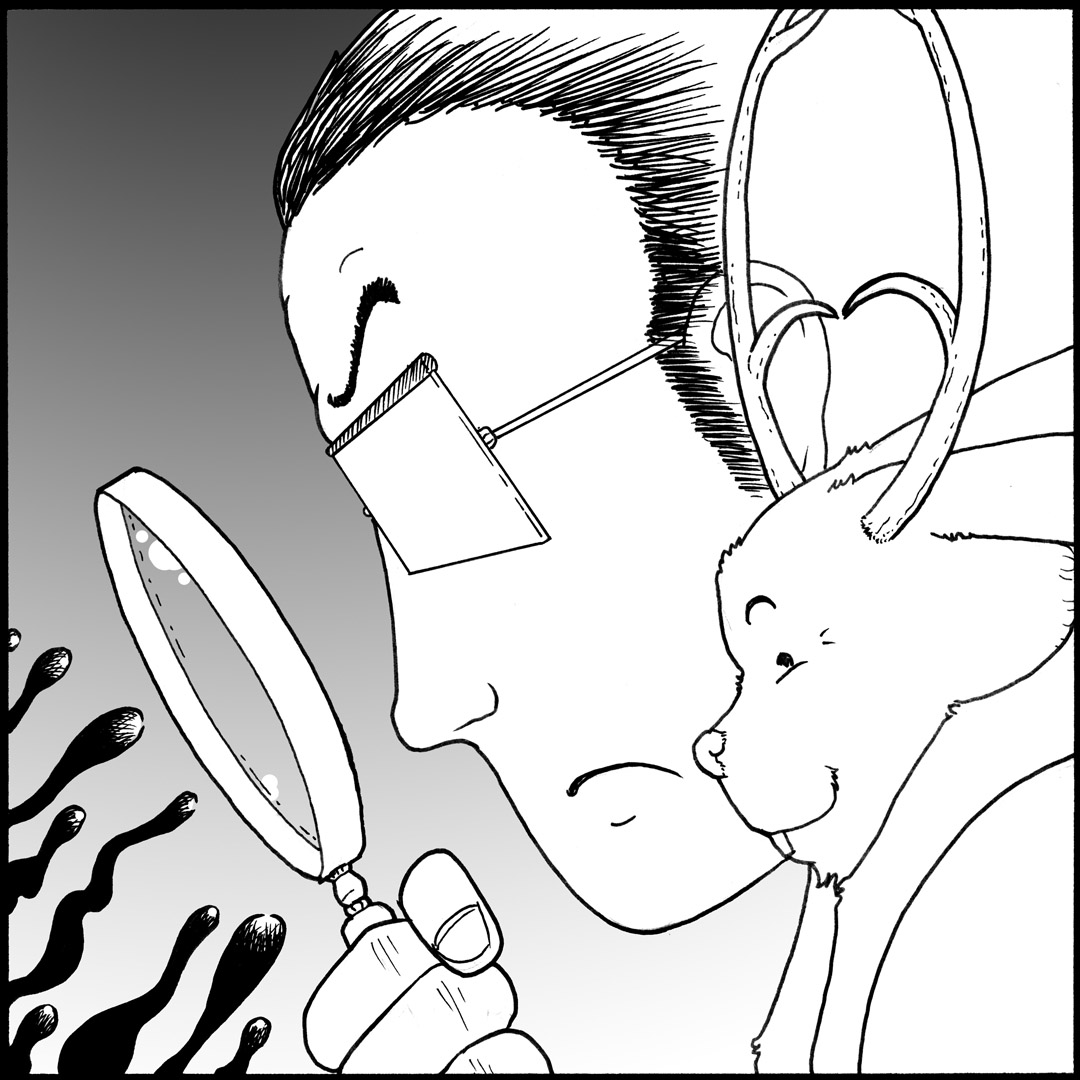1922: Anna Anderson, a.k.a. Anna Tchaikovski... a.k.a. Princess Anastasia?
In 1922, a suicidal woman that was fished from a canal in Berlin, Germany, made an extraordinary claim. Rescued from the canal in February, 1920, after leaping from a bridge, the woman was dressed like a factory worker and had no identification on her; nor was she able (or, perhaps, willing) to identify herself to her rescuers. Dubbed "Fraulien Umberkant" -- "Miss Unknown" -- by authorities, she was eventually taken to a mental home for observation, where she stayed for two years.
One day at the hospital, it was noticed by a fellow inmate that she displayed an unusual resemblance to Grand Duchess Tatiana Romanov, missing since 1918 and presumed assassinated. Upon this inmate's release, she expressed this belief to various people who knew the missing royal family and who would be able to verify if the woman was Tatiana or not; and was told that, no, the woman could not be Tatiana... Tatiana was much taller. Then the same inmate decided that if "Miss Unknown" couldn't be Tatiana, then maybe she could be Grand Duchess Anastasia instead, Tatiana's younger -- and shorter -- royal sister. This identification brought more agreement as a possibility; and it was shortly thereafter that "Miss Unknown" admitted the reason for the resemblances... for she claimed she was Anastasia Romanov.

Anastasia Romanov, ca.1912~1914
When the Romanovs, last royal family of Russia, were lined up and shot by a small squad of men led by Jakob Yurovski on July 16, 1918, "Anastasia" claimed, she had been hit but not mortally wounded. A soldier named Alexander Tchaikovski -- a member of the firing squad that shot the royal family -- discovered she was still alive and smuggled her away to Bucharest in Romania. She lived with him there until he was killed, possibly as a victim of assassination. After this turn of events, she suffered a mental breakdown and lost the child she had born to Alexander to an orphanage. She made her way to Berlin, where, shaken and exhausted, she had attempted suicide.
Controversy immediately broke out as the politically influential took sides; some believed her claim to be true, while others flatly denied the possibility. Believed at stake was the claim to the fabulous Romanov fortune, rumored to be secretly deposited in Western banks. The mystery woman was likely aware of this rumor, as she claimed that Tzar Nicholas had left about 20million rubles for his daughters either with the Bank of England or with a private bank in England. If the woman really was the missing Anastasia and the money really existed, then she was also the legal heiress to the fortune which, theoretically, had been controlled by relatives of the royal family since their disappearance... relatives who had no intention of releasing that control, and therefore had good reason to deny the claim of "Anastasia," now going by the name of Anna Tchaikovski. Perhaps more importantly, if a member of the Russian Royal Family did still live, they were a potential rallying point for the re-establishment of the pre-Bolshivik government, an idea that appealed to many of the Russian aristocrats now living in exile; many of the supporters of Tchaikovski's claim were among the ranks of these same Russian aristocrats. So right from the start of the whole affair, almost all the people most qualified to know whether or not Tchaikovski was indeed Anastasia had ulterior motives for siding with or against her that had very little to do with what may have been the truth.
Anomalies -- the Strange & Unexplained, as well as my other website -- Monsters Here & There -- are supported by patrons, people like you! All new Anomalies articles are now posted for my patrons only, along with exclusive content made just for them. You can become a patron for just $1 a month!
|








